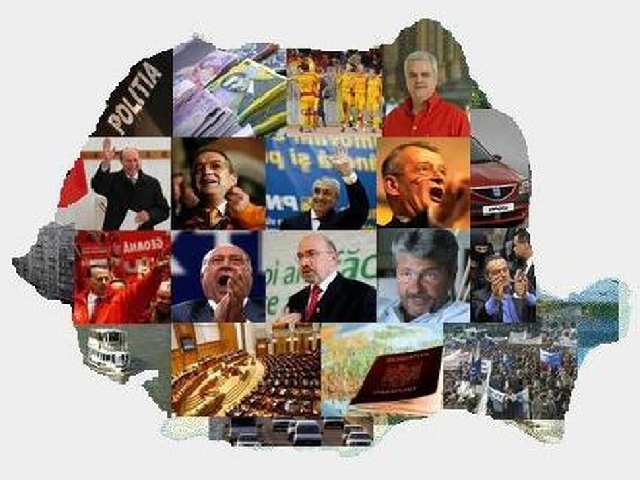2-7 December 2013
A look at the headline - making events this past week

România Internațional, 07.12.2013, 13:03
Romania’s state and social insurance budget for 2014 passes Parliament.
Romania’s Parliament passed in three minutes, after a day and a half of debates, the state and social insurance budget for 2014. This was based on an economic growth of 2.2%, an inflation rate of 2.4% and an average exchange rate against the Euro of 4.45 lei. PM Victor Ponta said that this budget did not cut benefits for any social category. On the contrary, he said, it provided for a raise in the minimum wage in two stages, reaching 900 lei, around 200 Euro, also raising pensions by about 4% and the salaries of beginner teachers by 10%. The head of the center left government said that next year’s budget allocated around 8.8 billion Euros for infrastructure projects, including motorways. At the same time, taxation increases, mainly because of the new excise duty of seven Eurocents per liter of fuel. This measure, which the executive wants to apply starting January 1, has sparked a wave of criticism. The opposition claims that the budget is negative for the economy and the standard of living. The Romanian President Traian Basescu said he would not endorse the new state budget because of the new excise duty, which he claims increases the risk of inflation. He said he would return the bill to Parliament to be analyzed against the Constitution.
Political accusations fly around the new fuel tax
For the first time in his term, President Traian Basescu said he would definitely not endorse the memorandum with the IMF, the EC and the WB, because of the new law introducing a tax of seven Eurocents per liter of automobile fuel. This increase was due to be discussed with the IMF board in December. The president claimed that Romania did not depend on IMF loans, and wanted to renegotiate this excise duty at the future visit to Bucharest of the IMF delegation in January 2014. This caused a stir, as PM Victor Ponta accused the president of acting irresponsibly. The president said that the new excise is simply a fundraising tool for a future election campaign, while the PM claims the money is earmarked for infrastructure projects.
Moldova makes Romanian its official language
Moldova’s Constitutional court made on Thursday the Romanian language its official language. The Supreme Court in Chisinau said that Moldova’s 1991 declaration of independence preempts the 1994 Constitution, the latter describing Moldova’s official language as Moldovan. The term Moldovan language was promoted under the Soviet regime and by pro-Russian Moldovans after the break up of the USSR. In Bucharest, President Traian Basescu called this measure an act of justice in historical terms, which puts an end to attempts at falsifying history.
Romania and Bulgaria express their dismay at being denied accession to Schengen
Romania and Bulgaria introduced on Thursday in Brussels a statement expressing their disappointment at being denied accession to Schengen, saying that there is no reason, judicial or otherwise, to further delay their membership. Bucharest and Sofia reiterated the fact that they had met all the criteria for accession. At the meeting of the Justice and Home Affairs Council where they introduced the statement, no date was set for the two countries to be granted membership. This is met with opposition from Germany, Holland, France and the UK. The main fear is that of an unprecedented wave of work migration from the two Eastern European countries.
Romania continues to live up to its commitments as part of EUROSUR
Even though Romania is not a member of the Schengen area, it is one of the member countries in the new European system of controlling frontiers, called EUROSUR, which was instated on 2 December. The aim of EUROSUR is to improve detection, prevention and fighting illegal migration, as well as cross-border crime. EUROSUR has several stages before it is fully implemented, with contribution from 18 member states on the borders of the EU, including Romania, and even Norway, which is a member in spite of not being an EU member. The other 11 member states and associated countries will become part of the EUROSUR as of 1 December 2014.





























